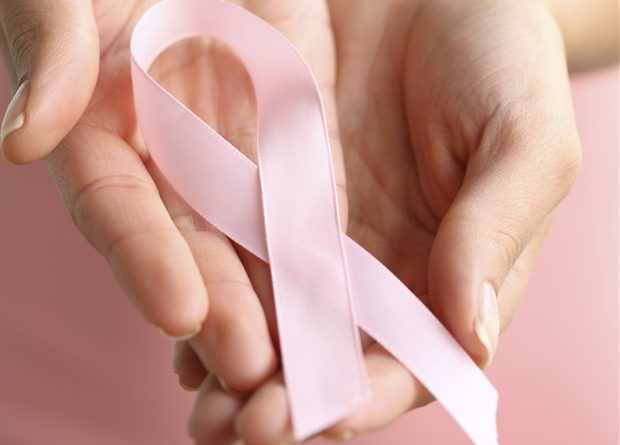Study demonstrates an age cutoff heuristic in oncology
Age-based heuristics can lead to large differences in breast cancer treatment based on small differences in chronologic age, according to a new analysis of more than 500,000 patient records.
Radiation therapy often is given after breast-conserving surgery to help prevent a patient's cancer from returning. While post-surgical radiation may be omitted for certain patients with early-stage breast cancer – including older patients with lower-risk disease – it remains standard-of-care for patients with a higher risk of cancer recurrence. In this analysis of nationwide data, however, researchers found that patients in this higher-risk subset who were age 70 at the time of diagnosis "were nearly twice as likely to be passed over for radiation" as those age 69.
Patients diagnosed at age 70 were 53% less likely to be recommended post-operative radiation and 39% less likely to receive it, compared to patients age 69. There were no similar gaps between other year-over-year age groups (68 vs 69, 70 vs 71, etc.). The study, which is published in the International Journal of Radiation Oncology•Biology•Physics, is among "the first to demonstrate an age cutoff heuristic in oncology."
Our findings suggest that cognitive heuristics, or 'rules of thumb,' play a greater role in physician decision-making than we previously realized. It's important that we center individual patients, with the unique characteristics of their cancer, as well as their individual preferences, in treatment decisions."
Suzanne B. Evans, MD, MPH, FASTRO, senior author of the study and professor of therapeutic radiology at Yale Cancer Center
"While we would expect recommendations for this treatment to decline gradually as expected lifespan shortens, there seems to be a steep cliff when a patient moves from their 60s to their 70s. In breast oncology, physicians seem to anchor on a patient entering their 70s as a signal to de-escalate care, even in situations where evidence does not support this practice," said Wesley J. Talcott, MD, MBA, lead author of the study and a radiation oncologist with Northwell Health. "Our study indicates that physicians should be mindful of how we factor age into treatment decisions and adopt a more nuanced approach, extending beyond defining patients as simply 'young' or 'elderly.'"
American Society for Radiation Oncology
Talcott, W.J., et al. (2023) Aging a Decade in a Day: Age cutoff bias in adjuvant therapy allocation for early-stage breast cancer. International Journal of Radiation Oncology*Biology*Physics. doi.org/10.1016/j.ijrobp.2022.12.057.
Posted in: Medical Research News | Medical Condition News
Tags: Adjuvant Therapy, Aging, Breast Cancer, Cancer, Cancer Treatment, Oncology, Radiation Therapy, Radiology, Surgery
Source: Read Full Article
